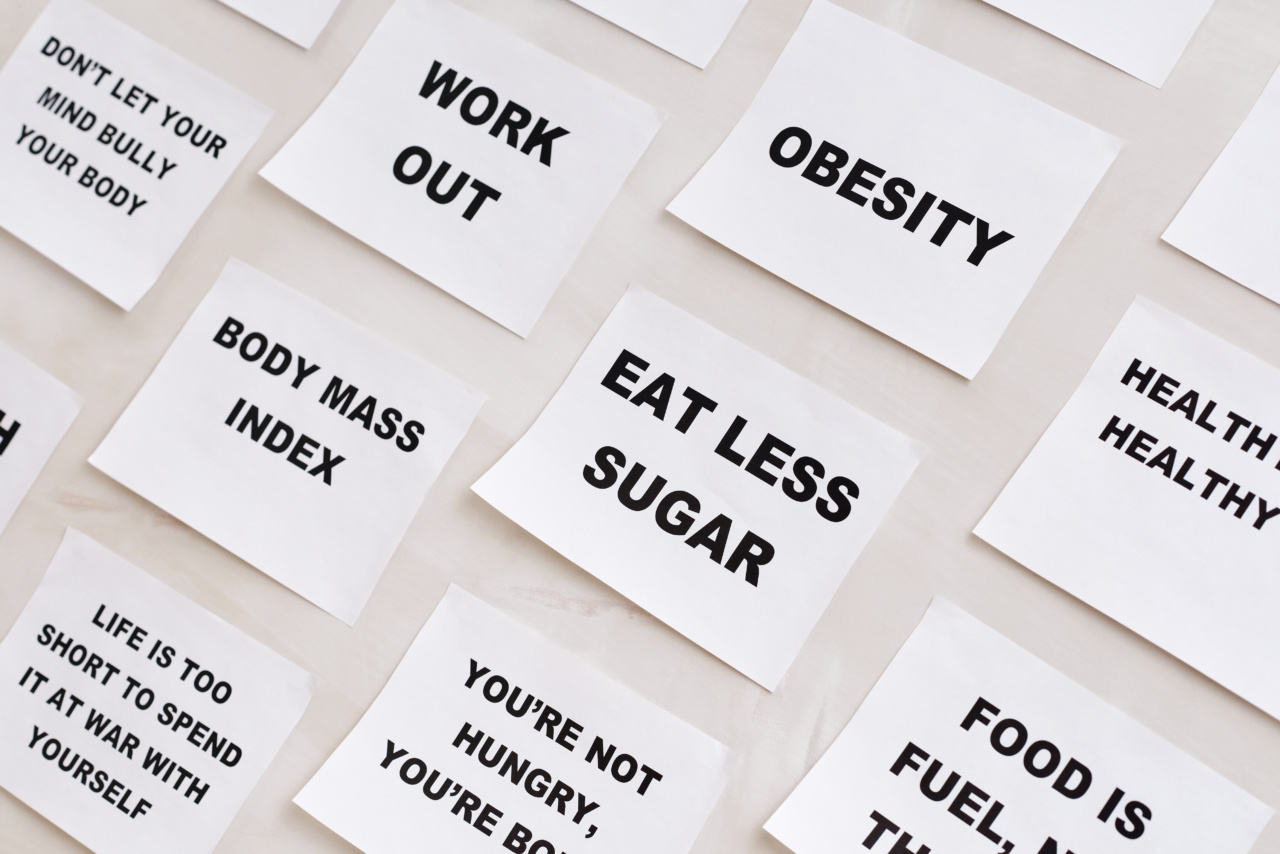Do you often feel bloated after having a meal? Bloating is a condition characterized by a feeling of fullness, tightness, or swelling in the abdomen. It can be uncomfortable and sometimes even painful.
While occasional bloating is normal, recurrent bloating may indicate underlying issues with your food habits. In this article, we will explore ten common food habits that can lead to bloating and provide tips on how to avoid them.
1. Consuming Excessive Fiber
Fiber is an essential nutrient for maintaining good digestive health. However, consuming too much fiber can cause bloating, especially if your body is not accustomed to high-fiber foods.
To avoid bloating from excessive fiber intake, gradually increase your fiber consumption and ensure you drink plenty of water to aid digestion.
2. Eating Too Quickly
When you eat too quickly, you may swallow air, leading to bloating and discomfort. Additionally, rapid eating does not allow your body enough time to signal fullness to the brain, often resulting in overeating.
To prevent bloating from eating too quickly, practice mindful eating, chew your food thoroughly, and take breaks between bites.
3. Drinking Carbonated Beverages
Carbonated beverages, such as soda or sparkling water, release carbon dioxide gas, which can accumulate in your digestive system and cause bloating. Opt for still water or herbal teas instead to stay hydrated without contributing to bloating.
4. Consuming Large Portion Sizes
Eating large portion sizes can put excessive strain on your digestive system, leading to bloating. To prevent bloating from portion sizes, listen to your body’s hunger and fullness cues and practice portion control.
Opt for smaller, more frequent meals throughout the day instead of a few large meals.
5. Eating Processed Foods
Processed foods often contain high amounts of sodium, artificial additives, and preservatives that can lead to water retention and bloating. To minimize bloating, try to incorporate more whole, unprocessed foods into your diet.
6. Drinking through a Straw
Drinking through a straw can cause you to swallow excess air, leading to bloating. If you frequently experience bloating, avoid using straws, especially when drinking carbonated beverages or consuming hot liquids.
7. Food Intolerances
Food intolerances, such as lactose or gluten intolerance, can cause digestive discomfort, including bloating. If you suspect you have a food intolerance, consult with a healthcare professional to determine the appropriate dietary changes.
8. Overeating Gas-Producing Foods
Some foods produce more gas during digestion, leading to bloating. Examples include beans, lentils, broccoli, cabbage, onions, and carbonated beverages.
While these foods offer various health benefits, consuming them in excess or all at once can cause bloating. Moderation is key.
9. Lack of Sufficient Hydration
Dehydration can slow down your digestion and lead to bloating. Make sure to drink enough water throughout the day to keep your digestive system working optimally. Aim for at least 8 cups (64 ounces) of water daily.
10. Eating When Stressed
When you eat while stressed, your body may enter a fight-or-flight response, diverting blood flow away from digestion and potentially causing bloating.
Practice stress-management techniques such as deep breathing, meditation, or going for a walk before meals to aid digestion.
In conclusion, bloating can be caused by various food habits. By making simple changes in your diet and lifestyle, you can reduce bloating and improve your digestive health.
Remember to listen to your body, eat mindfully, stay hydrated, and avoid excessive fiber or gas-producing foods. If your bloating persists or is accompanied by other concerning symptoms, it is important to seek guidance from a healthcare professional.






























